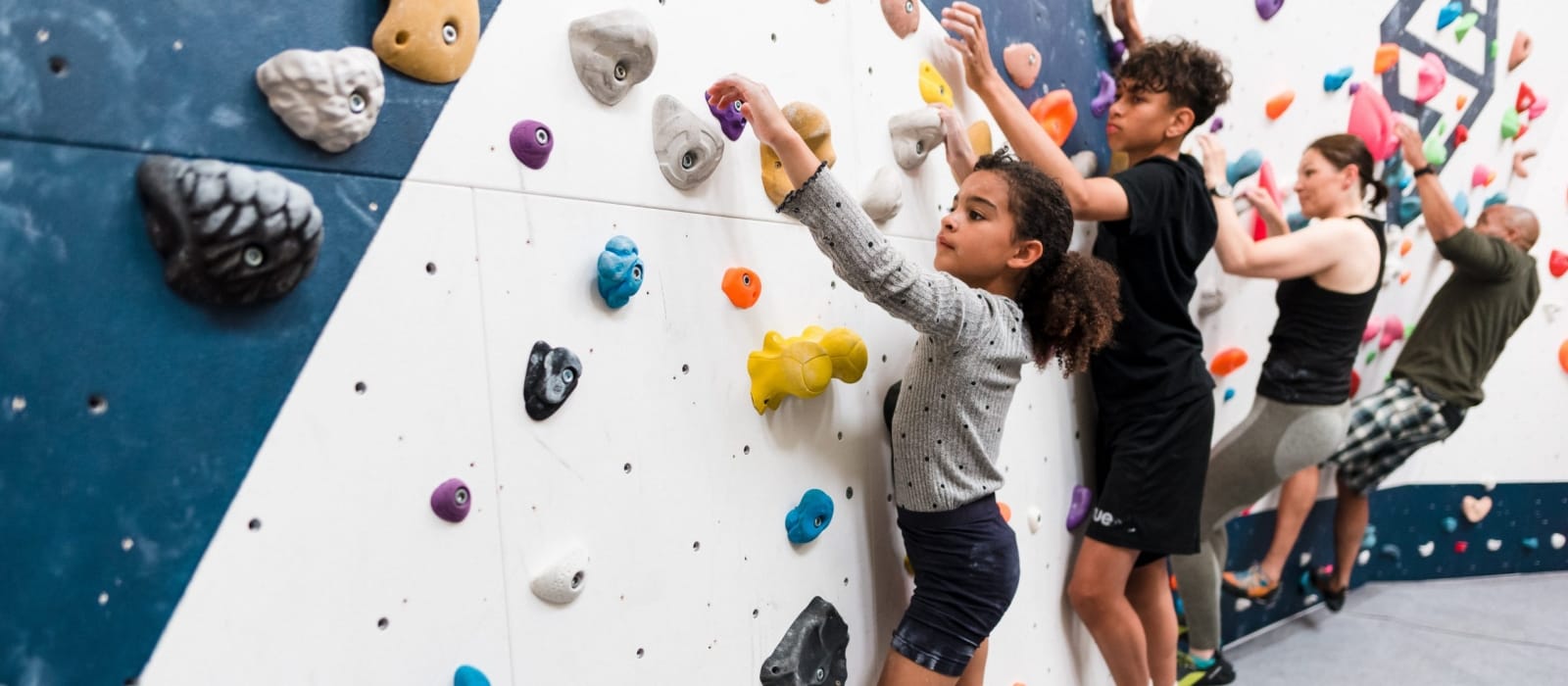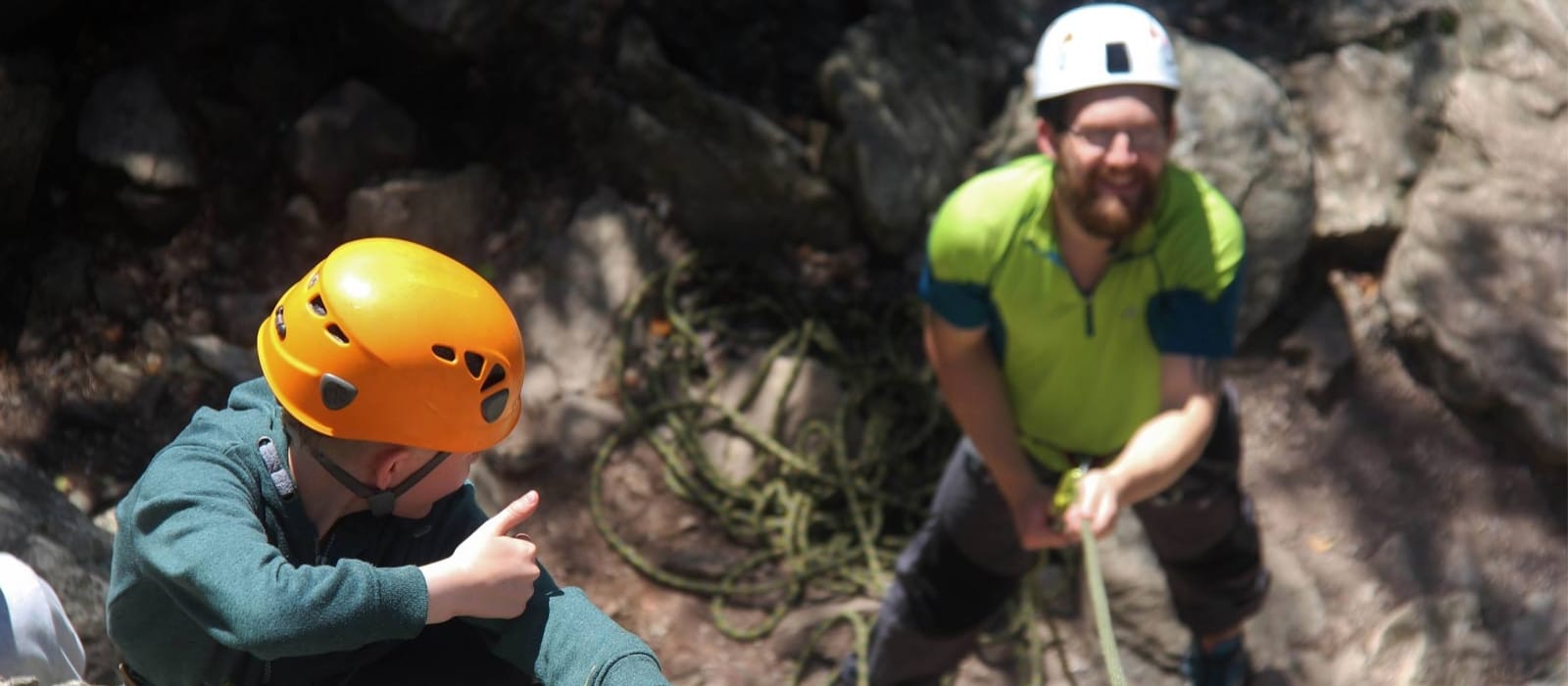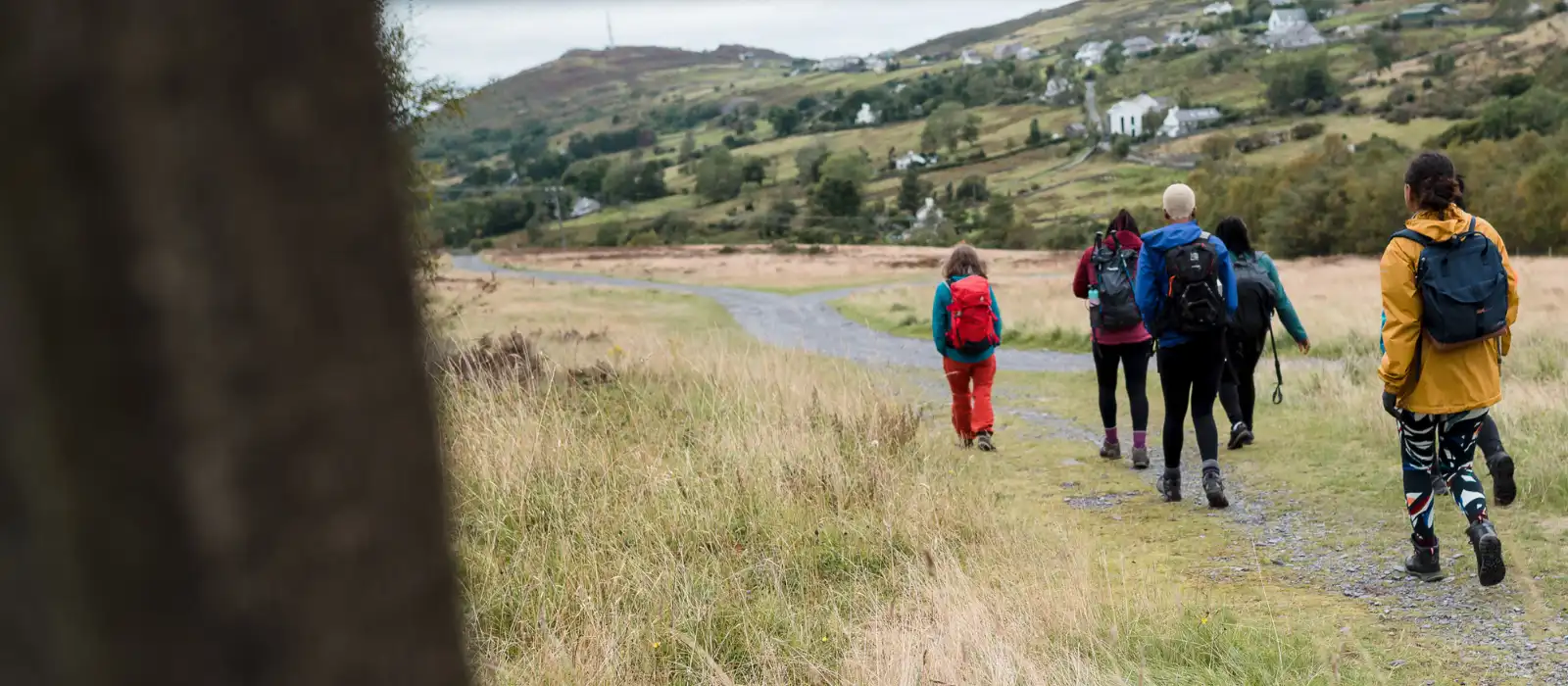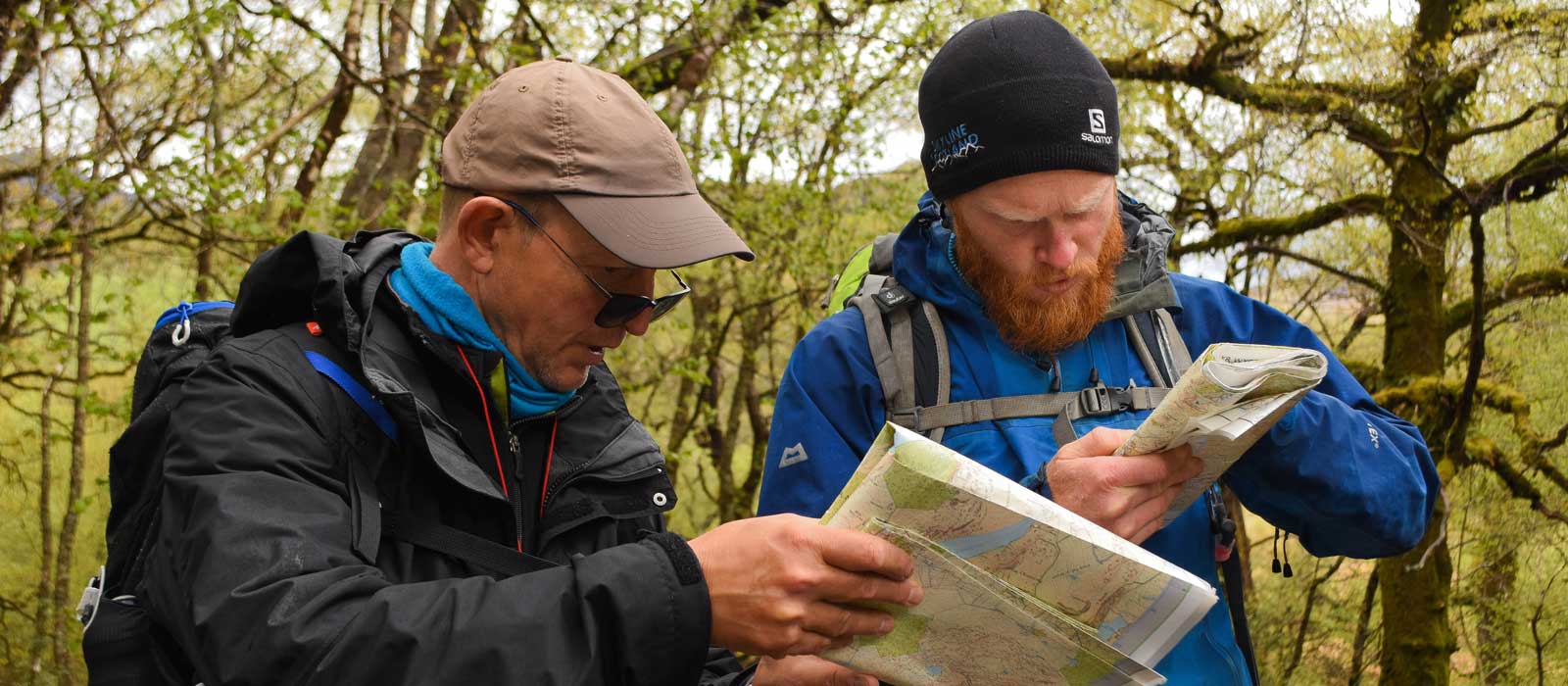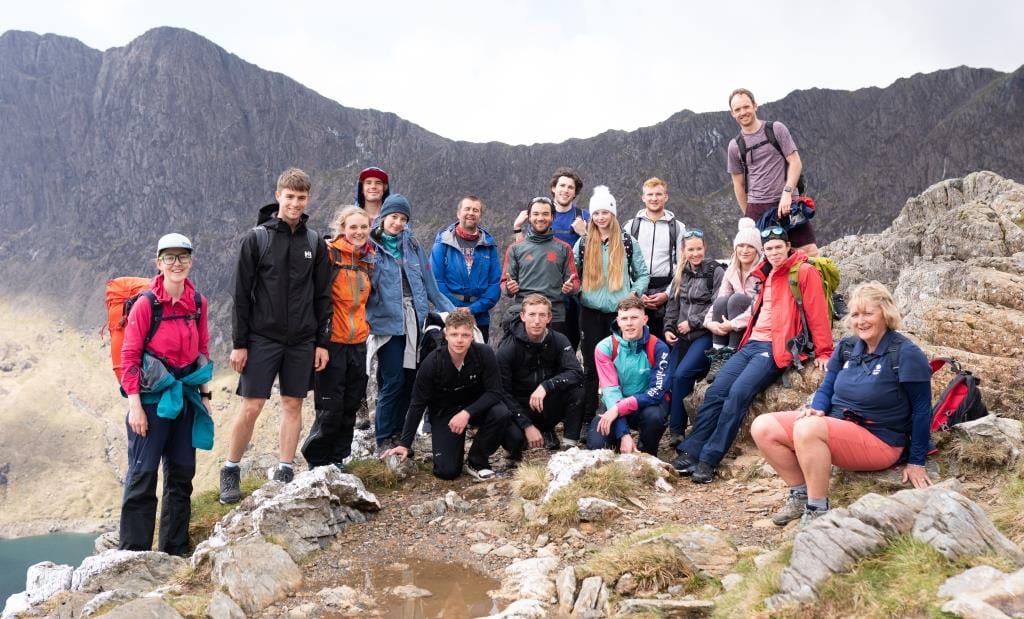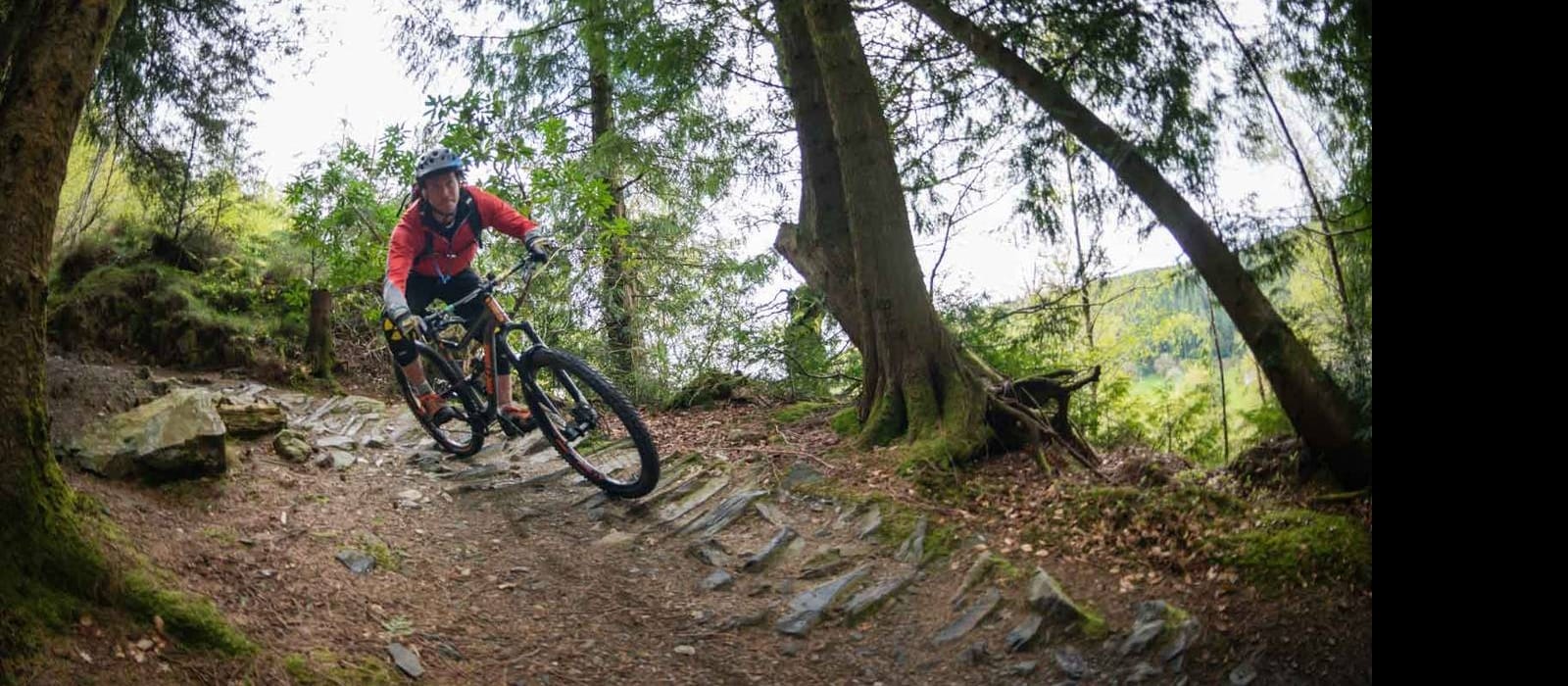Your Movement Matters - the Results
Leading organisations join forces to improve diversity in the adventure activities sector
- Group announce commitments following ‘Your Movement Matters’ report into participation in outdoor pursuits and related indoor activities
- Barriers to participation among diverse groups include costs, a lack of role models and access to facilities and environments
Eight of the UK’s leading walking, climbing and outdoor leisure organisations have come together to agree several commitments designed to improve diversity within the sector.
The Association of British Climbing Walls, the British Mountaineering Council, The Camping and Caravanning Club, the National Indoor Climbing Award Schemes, Mountain Training, the Outdoor Industries Association, Plas y Brenin and Ramblers agreed the commitments after conducting original research ‘Your Movement Matters’, designed to understand current participation in activities as well as the key barriers and enablers.
In the first collaborative project of its kind, the group commissioned Leeds Beckett University to undertake research into the demographics of participation in all levels of activity, from urban walking or indoor climbing to overseas mountaineering. Conducted with a sample of more than 4,700 people living in the UK, the research measured the true state of participation by different communities to help inform and shape the group’s collective approach to improving diversity. A snapshot of the findings can be viewed here.
The research indicated an encouragingly representative gender split of people who climb indoors at 50% male, 46% female and 3% other genders, with non-mountainous walking activities similarly representative at 49% male, 48% female, 2% other genders. Survey respondents who climb outdoors and who go mountaineering are still predominantly male, accounting for 58% and 57% respectively.
The survey showed that people from Black, Asian and ethnic minority heritages were more likely to walk for leisure in an urban setting (81%) than all respondents (76%) but less likely to walk in the hills (63% compared to 73%). The different age profile of this group was also noteworthy with 44% of those who walk for leisure being under the age of 34, more than double the 21% of all other respondents in this age band. This indicates a growing number of individuals whose enthusiasm to explore should be supported and championed by the wider outdoor sector and other organisations, such as the research funders, in order to sustain a lifetime of participation in walking activities.
The reports revealed the motivations of participants; an overwhelming majority of people who participate in walking, climbing and mountaineering activities recognise the positive benefit that it has on their mental health (71% of indoor climbers). Spending time in nature was also highlighted as a huge motivation (94% of walkers). When this knowledge is combined with the extensive existing research that demonstrates the physical and mental health benefits of outdoor activity, it is clear that people who feel unable to take part in these activities are being deprived not just of the activities, but of the many benefits they enable.
Survey respondents identified several barriers preventing activities in the sector from being as diverse as they could be, including a lack of representation and role models, the cost of taking part and a lack of transportation and access to facilities and environments.
Welcoming the reports, the partners will use the findings to support the development and implementation of evidence-based diversity and inclusion strategies, the impact of which will be felt across the sector. As a first step, all eight partners have committed to:
- Educating ourselves and our workforce – to gain greater insight from the lived experiences of those who are underrepresented.
- Improving the diversity of people – within all levels of our organisations and in the imagery used to promote walking, climbing and camping.
- Developing collaborative relationships – with community groups and individuals who can help us effect change and improve pathways for people to access walking, climbing and camping.
- Holding ourselves accountable – for our actions and setting targets to improve equity, diversity and inclusion.
John Cousins, Mountain Training CEO commented: “This research has not only highlighted areas where we do well, it also highlights challenges for us to address. It has provided the activity-specific data we need to focus our energies as we strive to make walking, climbing and camping as diverse and welcoming as possible. The report findings will inform how we, both as a group and as individual organisations, approach strategies and initiatives to remove barriers and most of all, make these great activities accessible to everyone. No one should feel unwelcome to participate in walking, climbing or camping activities.
“It is clear that as a group of enthusiasts and leaders, we currently have limited connections to grassroots groups from underrepresented communities and we must do more to address this across every element of our organisations and in everything we do.”
To find out more about Your Movement Matters and to read the full reports, please visit: https://www.leedsbeckett.ac.uk/research/centre-of-social-justice-in-sport-and-society/investigating-equity-and-diversity-in-climbing-and-walking-activities
###
Research conducted by Leeds Beckett University - Carnegie School of Sport
The Your Movement Matters survey is a walking and climbing activity based, self-completed online survey of individuals in the UK and Ireland. It is a key evidence source of the demographics of those who generally participate in outdoor activities, with a focus on the specific activities of interest (walking, climbing; indoor and outdoor, and mountain activities), people’s motivations, barriers faced, and opportunities to undertake the activities.
The survey ran from 28th April 2021 to 8th June 2021. Participation was open to all aged 16 + in the UK and Ireland and 4,538 individuals completed the survey. This work provides key data and understanding which can inform practice and drive policy change.
For more information, please contact Nicola Jasieniecka, Media & IT Development Officer at Mountain Training, nicola@mountain-training.org
The funding organisations are:
Association of British Climbing Walls – Promoting the professionalism, health, growth and diversity of indoor climbing.
BMC (British Mountaineering Council) – The representative body for walkers and climbers in England and Wales.
The Camping and Caravanning Club – The world's oldest and largest Club for all forms of camping.
National Indoor Climbing Award Schemes (NICAS) – these are UK-wide climbing and bouldering schemes designed to promote climbing development and accredit individual achievement on artificial climbing structures.
Mountain Training – The network of UK & Ireland awarding bodies for skills courses and leadership qualifications in walking, climbing and mountaineering. Find out what Mountain Training is planning following the results of the research: Equity Diversity Inclusion - Mountain Trainings next steps
Outdoor Industries Association – The trade body for manufacturers, retailers and other organisations that provide products and services for the outdoor leisure pursuits market in the United Kingdom.
Plas y Brenin – A national outdoor centre, Plas y Brenin develops the people that develop the outdoor sector – from instructors to centre managers to expedition leaders to NGB officers to policymakers.
Ramblers helps everyone, everywhere, enjoy walking and protects the places we all love to walk. It is the only charity dedicated to looking after paths and green spaces, leading walks, opening up new places to explore and encouraging everyone to get outside and discover how walking boosts your health and your happiness.
Plas y Brenin Welcomes House of Lords Sport and Recreation Select Committee Report
Last month the House of Lords Sport and Recreation Select Committee released a report, A National Plan for Sport, Health and Wellbeing, which expressed concerns about high levels of inactivity around grassroots level sport, particularly among minority communities and people from less affluent backgrounds.
The report found that the trend appears to have been exacerbated by the pandemic. Coupled with this is the devastating impact life during COVID-19 has had on the mental health of the nation. Around one in six (17%) adults experienced some form of depression last summer, compared to 10% before the pandemic, according to the Office for National Statistics (ONS).
Having welcomed people of all ages and backgrounds to our centre for more than 65 years, we know only too well the benefits outdoor activities can have on both mental and physical health. Benefits that are being more widely recognised and accepted – and even prescribed by medical professionals.
While the lockdowns were particularly damaging to organisations operating in the outdoor learning and education sector, some of which will never recover, the closures meant many young people were denied access to outdoor education and the opportunity to learn new skills in a safe environment. Skills, such as team building, confidence, resilience and independence, which would better prepare them to cope during the pandemic.
Pointing to a lack of diversity among those participating in outdoor activities, the report highlights that we must all, as a sector, come together to create an inclusive environment for everyone, irrespective of age, background and ability.
As the home of true adventure for everyone, we welcome the findings of the report and its recommendations for a national plan, which it suggests should focus on: physical literacy, providing a welcoming and inclusive environment, application of the science of behaviour change and motivation, a proactive approach to tackling health inequalities, and making a contribution to individual development and community cohesion through enhanced support for sport for development organisations and projects.
As the National Outdoor Centre, it is our mission to promote an active lifestyle by creating a welcoming environment for everyone to enjoy outdoor activities safely and responsibly, as well as training the next generation of outdoor professionals to the highest standards.
Over the last few years, we have been working with diverse organisations such as Experience Community, Black Girls Hike and the Muslim Scout Fellowship to learn more about how we can be more accommodating and inclusive.
There’s also a perception that the outdoors is not for amateurs, which needs addressing. Our introductory skills courses are our most popular, and we are focused on doing more to broaden the reach of these to reflect the makeup of society.
While many of the findings of the Lords Select Committee report make disappointing reading, there is a big opportunity to do more as we emerge from the pandemic. We have been working hard to address these issues for some time with a growing number of great partners. We will continue learning, adapting, investing and forging relationships to ensure everyone is able to access the benefits of outdoor activities, learning and adventure.
Publication of Our 2021 Annual Report
You can read the report here: 2021 MTT Annual Report
OUR 2021 HIGHLIGHTS:
- When Covid-19 hit and the country entered the first lockdown in March 2020, we closed our doors to the public and took steps to support our team members. We used this time to identify the impact we want to make in the new world in which we will find ourselves, to reaffirm our purpose as a social enterprise, and lay the groundwork for the long-term health of the Charity and our National Outdoor Centre.
- We provided leadership in our sector during the year and used the period of lockdown to negotiate business growth and partnership opportunities, aligned to our strategic intent. Mandatory closure presented opportunities to improve our facility and carry out repairs and refurbishments, undertaken with Sport England’s backing.
- We collaborated closely with the National Governing Bodies (NGBs) across our sports, and other sector bodies, and used our inhouse expertise to design how we could safely deliver courses; looking at new methods of delivery to allow for social distancing measures. Groups including the BMC, MTUK&I, MTE, British Canoeing and British Cycling, and their respective partner forums, were incredibly supportive.
- In a typical year unaffected by Covid, we engage with more than 10,000 unique paying visitors. The offer is diverse with customers spanning individuals, families, groups, schools, companies and public sector organisations. In 2018/19 there were almost 800 different centre events that included some 694 courses, yielding over 4,800 course places and over 14,000 student days.
- Over the course of July 2020, we moved from having no bookings to back up to over 100 per week. During the period we were able to open we operated at about 50% of normal revenue levels which compared well with Sport England’s own industry average of 30%, taken from across the sector.
- Our revenue success in the period was driven by good social media coverage, a structured, project managed re-opening, and most importantly by concentrating on products selected and positioned as COVID-friendly. This included Epic Adventure Days, Family Adventures, private 1:1 tuition, open water swimming and the growth of introductory level courses.
- We were also able to deliver Outdoor Workers Safety training, providing continued support to the Met Police, RSPCA, and AAIB with continued professional development courses to maintain skills and safety techniques to operate safely in challenging terrain. This includes operating on sea cliff, remote mountainous terrain, and the winter environment.
- During the year, new and strengthened relationships have formed with Sport Wales, Welsh Government, UK Government (Robin Millar, MP for Aberconwy) and the business community – specifically the tourism sector and related trade bodies including Go North Wales, Welsh Association of Visitor Attractions (WAVA), North Wales Tourism and Visit Wales. As the largest employer in Snowdonia National Park we are a critical voice in the business landscape, and were invited to roundtables with Welsh Assembly members (Darren Millar AM, Janet Finch-Saunders AM) and other business leaders. We have sought to strengthen our relationship with Capel Curig Community Council, who have confirmed their significant support for the Centre; and who encouraged us to open as soon as possible, and develop stronger connections that provide support for local citizens, and the growth of events at PYB.
- Conversations with Natural Resources Wales and the Snowdonia National Park Authority (SNPA) are ongoing, but we are actively pursuing new ways of operating in the park alongside these organisations, which promote environmental sustainability. We liaised with the SNPA over concerns about the impact the easing of lockdown would have to a) local communities (relating to Covid-19) and b) the environment, given the surge in visitors seen immediately after easing of lockdown travel restrictions. We promoted the importance of going into the outdoors in a safe, managed way, and protecting the environment.
- Looking forward, our 3-year Strategic Business Plan has evolved to confront and conquer the challenges of Covid-19. The pandemic has increased the need to help more people to get active in the outdoors; we are perfectly positioned to make outdoor adventure accessible and safe to everyone from all walks of life regardless of age, gender, race, background or ability.
Half of Brits Turn to Outdoors to Benefit Mental Health
· Brits spending time outdoors to benefit their mental health almost as much as their physical health
· 45% of Brits say they spend time being active outdoors to maintain their mental health
· More than a third (36%) of Brits want a ‘digital detox’ from their screens
Ahead of World Mental Health Day (Sunday 10 October), new data from the National Outdoor Centre, Plas y Brenin suggests almost half (45%) of Brits are spending time being active outdoors to maintain their mental health.
While being active in the outdoors is often associated with improving physical health - and a motivating factor for more than half (54%) of Brits - it now seems a similar number are turning to the outdoors to look after their mental health.
After an extraordinarily difficult 18 months, the pandemic has left more than a third (36%) of Brits wanting to take a “digital detox” and enjoy time away from their phones, laptops and computers.
Multiple lockdowns, redundancies and health concerns has taken its toll with almost a third (32%) of Brits saying they spend time outdoors to distract themselves from the stresses of life.
Being confined indoors - and with the home often becoming a place of work and for home schooling - it’s unsurprising that 18% of adults say they are active outdoors to take a break from work while 39% say they do it to escape ‘cabin fever’ after spending long periods inside.
As people seek to both look after and entertain themselves during pandemic there has been an increase in the number of Brits being active outdoors. Almost a third (32%) of Brits have tried an outdoor activity for the first time since the initial national lockdown in March 2020.
Going for long distance walks is the most popular outdoor activity with almost 9 million Brits (or 17% of adults) trying it for the first time, followed by running (10%) and cycling (7%). Meanwhile 4% have tried climbing and 3% outdoor swimming.
Helen Barnard, Chief Instructor at Plas y Brenin, the National Outdoor Centre, commented: “For many Brits, being active outdoors is just as important to maintaining their mental health as their physical health. It’s an understatement to say that the last 18 months have taken their toll on the nation’s wellbeing, and many of us have had to forgo a break. The effects of the pandemic will be felt for a long time to come but being active, spending time outdoors and in nature has multiple benefits to health and wellbeing. Regardless of individual fitness levels or ability, the outdoors is for everyone, and it has the power to help us emerge from the pandemic happier and healthier.”
Zoom Fatigued Brits Are Seeking a Digital Detox
- More than a third (36%) of Brits want a ‘digital detox’ from their screens
- More than a quarter (26%) want to include an activity or sport in their next break
- Adventure breaks set to be popular during the year of the “Great British staycation” as almost a fifth (18%) have become “more interested” in an adventure break
More than a third (36%) of Brits want to take a “digital detox” and enjoy time away from their phones, laptops and computers.
The research*, commissioned by Plas y Brenin, the National Outdoor Centre, suggests many Brits are feeling digital burnout after being reliant on technology for work, life admin and socialising since the beginning of the Covid-19 pandemic.
Having turned to nature and the outdoors for respite, and to stay mentally and physically fit for more than a year, Brits appear to have awoken their adventurous side. More than a quarter (26%) want to include a sport or activity in their next break. Almost a fifth (17%) have booked or are close to booking an adventure trip or plan to take on a sporting challenge such as a marathon or bike race.
Walking and hiking holidays are likely to be the most popular adventure break this year with 20% of Brits planning one, followed by cycling (11%) and watersports trips (11%) while 27% are keen to try their hands at a new activity during their next break.
With 2021 the year of the Great British staycation, camping and glamping are likely to be more popular than ever as 39% of Brits plan to stay somewhere rural rather than urban for their next break.
Helen Barnard, Chief Instructor at Plas y Brenin, the National Outdoor Centre, commented: “While technology has been a lifesaver in keeping people in work and in contact with loved ones, we all need a break from it and lots of people will be feeling digital fatigue. After a difficult year, many Brits have turned to the outdoors to keep sane, healthy and happy, which seems to be a lasting trend as many of us are looking to include outdoor activities as part of our next break.
“It’s great to see that appetite for adventure has increased and so many people are enthusiastic about trying a new sport or activity while they take a break from work and the digital world. There are so many benefits associated with being outside and being active outside. Regardless of age or ability, there’s no doubt it will help us emerge from the pandemic happier and healthier."
*Download a copy of the full report here
The British Speed Skate Team at Plas y Brenin
The National Outdoor centre is THE perfect base for training camps
May is the perfect month for sports teams to visit Plas y Brenin. The weather is good and the mountains are less busy - there's time and space to train as a team in a unique landscape.
Last month we hosted the GB Speed Skate Team for a week-long training camp in the mountains of Snowdonia
Plas y Brenin staff were excited - we couldn't wait to welcome a wonderful group of world-class athletes to a place we love.
A unique venue as the perfect base for training.
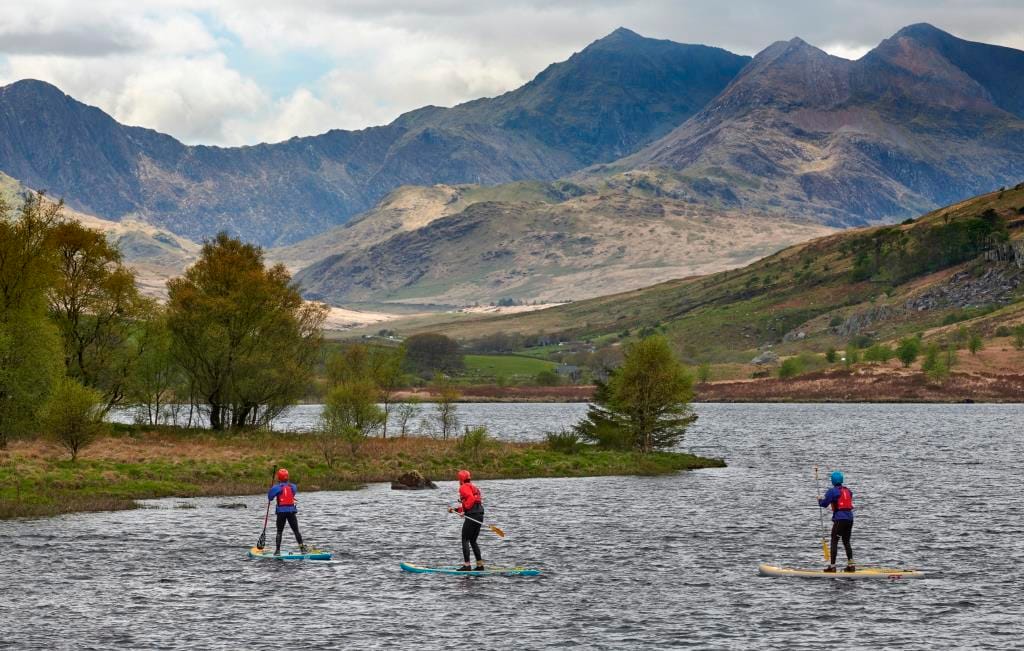
Exceptional Facilities, Experience and Activities
"I just wanted to drop you and your team a really big thank you from all of us for all the support you provided in the organisational, run up and during the camp.
The training camp was fantastic, the team had a really good time and the whole event was extremely well organised. The facilities, experience and activities were spot on.
The training space in The Forge was brilliant and we made full use of that unique facility.
The catering and accommodation were exceptional as well".
Richard Shoebridge | Head Coach
Plasy y Brenin is a unique venue in an incredible landscape, there's no where else in the UK that can provide superb facilities and hospitality with real adventure and incredible experiences.
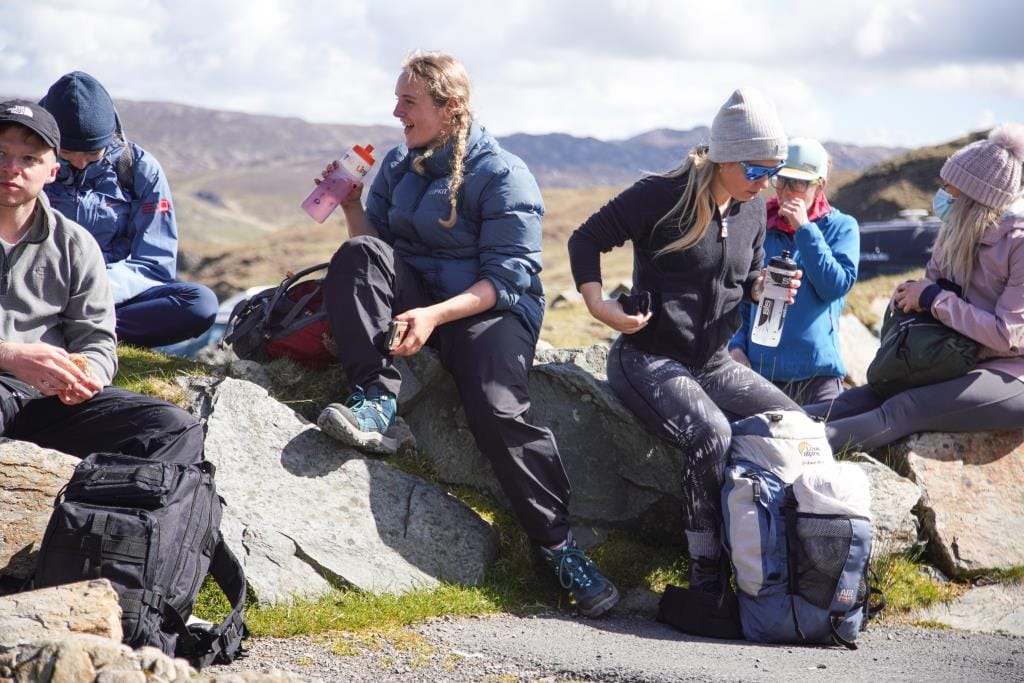
Our Instructors Loved Working with the team
"We had a great day on Snowdon with an emphasis on having a great time and a bit of a break from the seriously hard physical training.
Great weather allowed for fantastic views - we soon realized that while team members were extremely fit but the summit always seemed some distance away
Plas y Brenin staff were on hand to help frame the challenge - 'we can't be there yet because all the land around us is still higher than us' and 'you'll know when we get there because you won't be able to go up anymore.'
When the summit was reached and selfies taken the descent began out of the clouds and back into the sunshine.
One team member summed it up by stating that it had been 'an up and down kind of a day".
Gareth Davies - Instructor | Plas y Brenin
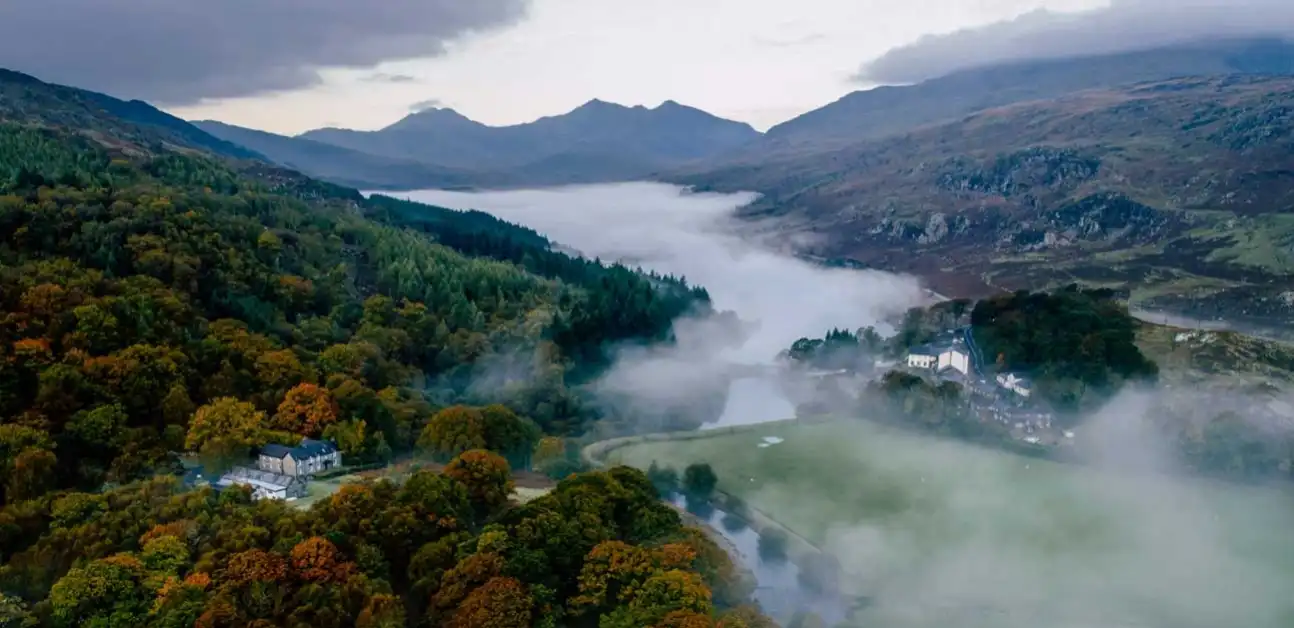
Want to get involved?
Plas y Brenin offers a world class training venue in unique, superb, location.
We love hosting sports teams and groups for training and development camps.
If you'd like to book a few days at the National Outdoor Centre contact our booking team.
Just send us an email and we'll do everything else...
info@pyb.co.uk | 01690 720 214
or contact our Adventure Manager direct
Six Top Tips for Mountain Bike Beginners
To coincide with Cycling UK’s Bike Week, our instructor James Bruton shares his top tips for anyone looking to start mountain biking.
Buying a bike
Work out what you like about mountain biking e.g. cross country, downhill, adventure riding/bike packing and select the right bike for you. Visit your local shop to seek advice on the right bike for you, many shops will have demo days, which will enable you to try lots of different bikes out.
Get some coaching
People often ask me, what they should upgrade on their bike first, my answer is, the biggest upgrade you can make is you. Get some coaching to form a solid foundation, it will allow you to enjoy your riding more, you will progress a lot faster and it will open up more riding opportunities.
Who to ride with
There are many different groups and forums as well as Facebook groups. There are lots of cycling clubs around the UK, find one that includes mountain biking. This could be a good way to meet likeminded people. Be honest about your ability and don’t get talked into riding things you are not ready for.
Where to ride
There is a vast network of MTB trails throughout the UK. Some are accessible at any time to the public, some are open at specific times. Some trail centres have an uplift service, so you get driven to the top!
Information on where to ride and routes can be found through a web search of the area and numerous apps including: FatMap, OS Maps, Trail Forks, Strava, Garmin Connect and Komoot. These routes have been shared by individuals, so be aware that you may not have legal right of access to some of these routes.
Confidence
It takes time to build confidence and just seconds to lose it.
Build up slowly, choose trails that are within your ability, hone your skills and build confidence before moving on to more technical terrain.
Look after your bike
It’s worth learning the basics about looking after your bike. Checking your bike over to make sure it is safe to ride and learning how to fix a puncture will get you out of a walk home and save you money! Consider attending a course or take a look online for some videos to help you learn this.
Recap:
- Focus on the journey - decide what you enjoy about it. Buy accordingly, buy the best you can.
- Try different bikes before you buy.
- Find out where to go biking.
- Start on simple terrain and build-up.
- Don’t push yourself too soon, remember it takes a long time to gain confidence and just seconds to lose it.
- Find friends to ride with.
- Enjoy it!
Learn more about the courses we offer here >
